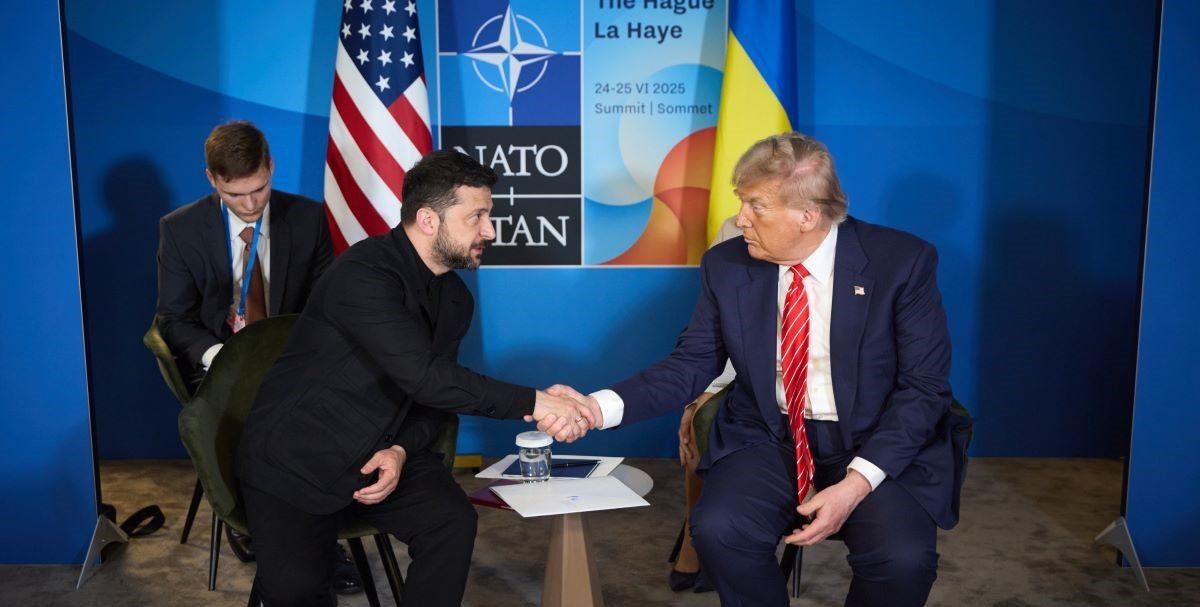Now Zelensky has a reason to say ‘thank you’
In a major White House U-turn, US President Donald Trump declared that his government would resume sending key defensive weapons – including Patriot missiles – to Ukraine. The move, which undoes a Pentagon order from last week to pause the shipments, is a big win for Ukrainian President Volodymyr Zelensky, as Ukraine has recently been suffering Russia’s worst aerial attacks of the entire war. The decision also reflects Trump’s growing impatience with Russian President Vladimir Putin, who has rebuffed White House calls for meaningful talks on a ceasefire.
Trump’s latest tariff extravaganza
The Trump administration has announced a new schedule of tariffs on 14 countries, which appears to replace some of the “reciprocal tariffs” that he announced on April 2. While the rates are
similar to those earlier ones – standouts include 25% rates on close US allies Japan and South Korea – Trump has also
extended the deadline for negotiations from July 9 until Aug. 1. A preliminary deal with the EU, a major trading partner which has played
a bit of hardball with Trump, is reportedly
close, and Treasury Secretary
Scott Bessent said
further announcements are due in the next 48 hours.
Afghan refugees face triple deportation threat
Iran plans to deport at least
one million more people back to their home country of Afghanistan, adding to the 1.2 million already
deported from both Iran and Pakistan this year. The move is part of a larger crackdown on the millions of migrants from Afghanistan, many of them undocumented, who have fled war to settle in both countries over the past two decades. Meanwhile, Germany has also
pledged to increase deportations to Afghanistan amid rising anti-immigrant sentiment. Aid groups warn that Afghanistan is ill-prepared to cope with the arrivals.
